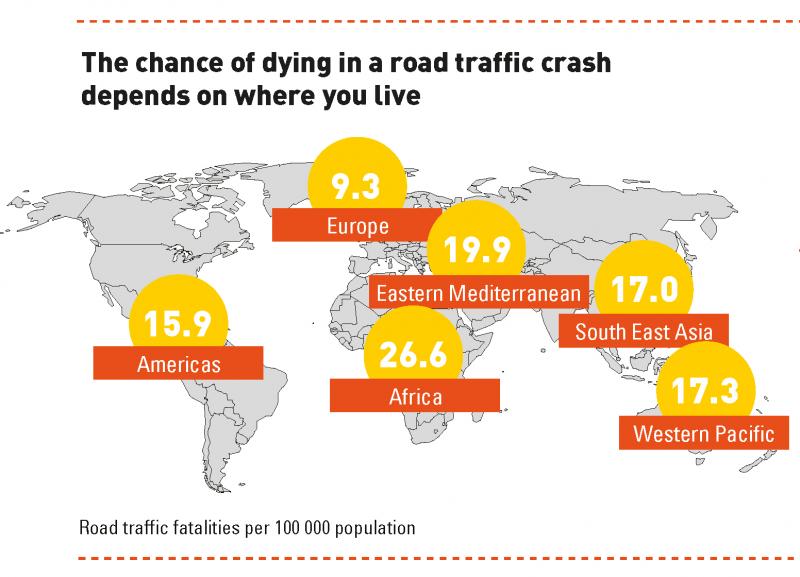
In the early morning hours a few days before Christmas, I and a group of other travelers boarded a bus for Lilongwe, Malawi from the Intercity Bus Terminus in Lusaka, Zambia. As a local friend jumped on the bus in an attempt to acquire the seats we had paid for, we quickly found the entire luggage area had been packed with charcoal, maize and crates of empty bottles. Literally climbing over mountains of luggage to reach the back of the bus, we dropped some of the empty crates out of the window to clear off the back row of seats and squeeze in. It was the first reminder that travel by land is not for the faint of heart.
Hundreds of kilometers of jungle later, we reached the capital of Malawi, and then had another travel day to get to Nkhata Bay. Attaining tickets for the necessary bus required serious crowd maneuvering skills. The six of us traveling together had two seats, and we agreed to switch out every two hours. At hour four, just as I was about to get some sitting time, an explosion like a gunshot went off. The overflowing bus was careening downhill with steep embankments on both sides. Almost instantaneously, the screaming, wails and terror registered. Panicked, I realized I was in a situation that pops up on the news almost daily: tire blows, bus tumbles off road, many deaths result.
Road injuries are ranked #6 in global daily adjusted life years (DALYs) and #2 as global cause of death from injuries. Traffic injuries are an enormous global health problem: 1.3 million are killed and 20-50 million are injured or crippled each year; they are the leading killer of children over age 5. Most notably, 90% of these global deaths occur in the poorest countries. Sustainable Development Goal #3 addresses this prevalence: to halve the number of global deaths and injuries from road traffic accidents by 2020.
Someone or something was watching over us on the ride to Nkhata Bay: our hero of the day was the miraculous driver who managed to get us to a safe stop, despite the total loss of control that comes with a front-tire blowout. Regrouping for a few minutes on the side of the road with the rest of the passengers, many amidst prayers and great expressions of gratitude, it quickly became clear that we would need to wait for hours before a bus or new tire arrived. We grabbed our bags and hoofed it up the road to give hitchhiking a try in Malawi. Within an hour, we were on a truck with a number of other Malawians, humans and animals alike. The open air was sweet relief from the packed, sweaty existence on the bus. Even the torrential rain didn’t cramp our style too much.
We transferred to a taxi for the final leg of our journey, and with our hands and faces sticky from eating mangoes, just minutes from our hostel on the lake, the taxi got stuck in mud. We all piled out as the car removed itself from the mess. Seconds later, seeing our predicament, the next car got a running start and splattered us completely. Too fatigued and hungry for any other response, our muddy mess climbed back in the car.
After a few days in Nkhata Bay filled with lakeside naps, canoeing, cliff jumping, and mangoes and pineapples aplenty, we continued on to Tanzania. Crossing the border to Tanzania involved a kumbi, a 16-passenger van, with standing room. Who knew this was a thing? Despite the discomfort, it was one of the most beautiful drives I’ve ever experienced. Lake Malawi’s coastline is one-of-a-kind. Upon arriving in the border town, Mbeya, we bought tickets for the fanciest bus available. We all had seats and made it in one piece to Dar es Salaam, despite the serious anxiety-inducing lack of vehicle passing laws on Tanzanian roads. Zanzibar was just a pleasant ferry ride away.
On our first evening in Jambiani, a gracious soul by the name of Hassan invited us into his home for the best food we ate on the island. An endless supply of local dishes, juices and spices, combined with diving the Memba Atoll and tide-pool exploring, gave us an unforgettable start to the New Year. The journey by land and sea from Lusaka, Zambia to Jambiani, Zanzibar left us with a heightened respect for the dangers of road travel that many in Sub-Saharan Africa face every day.